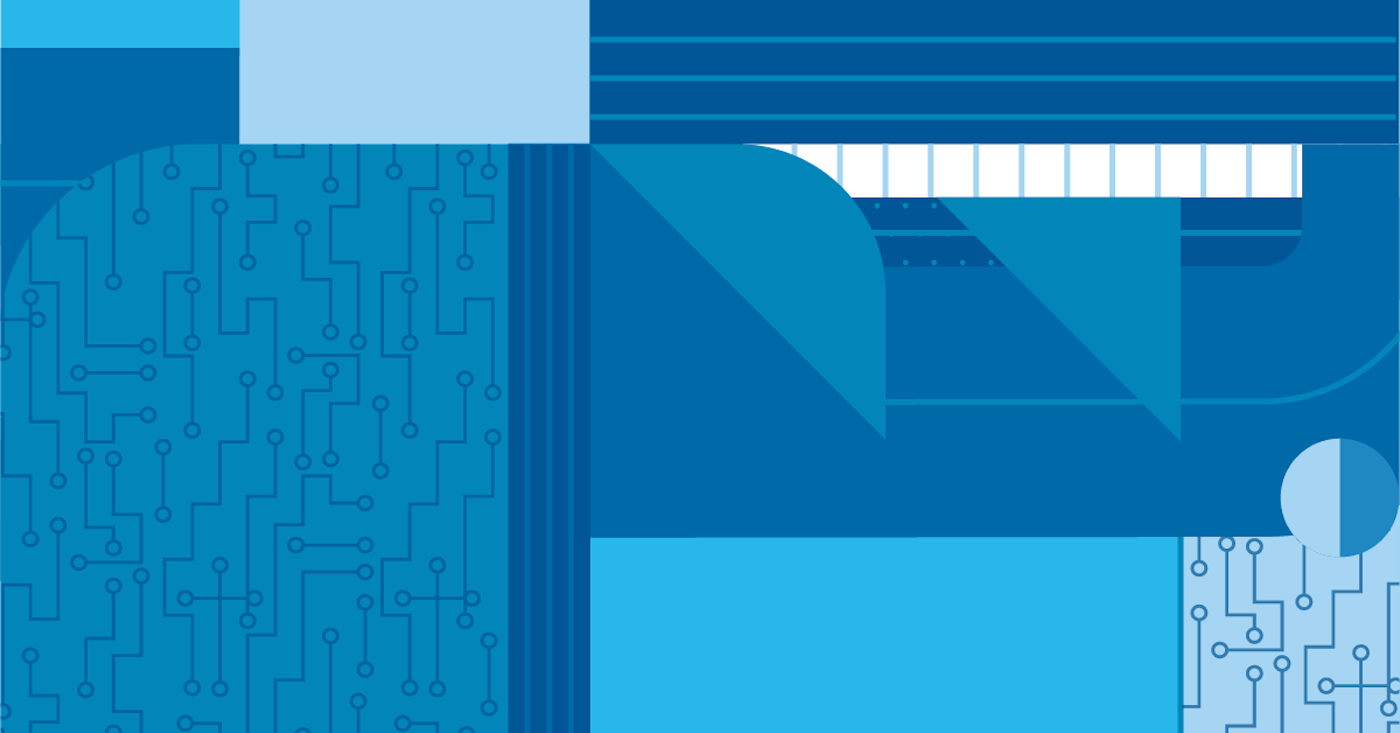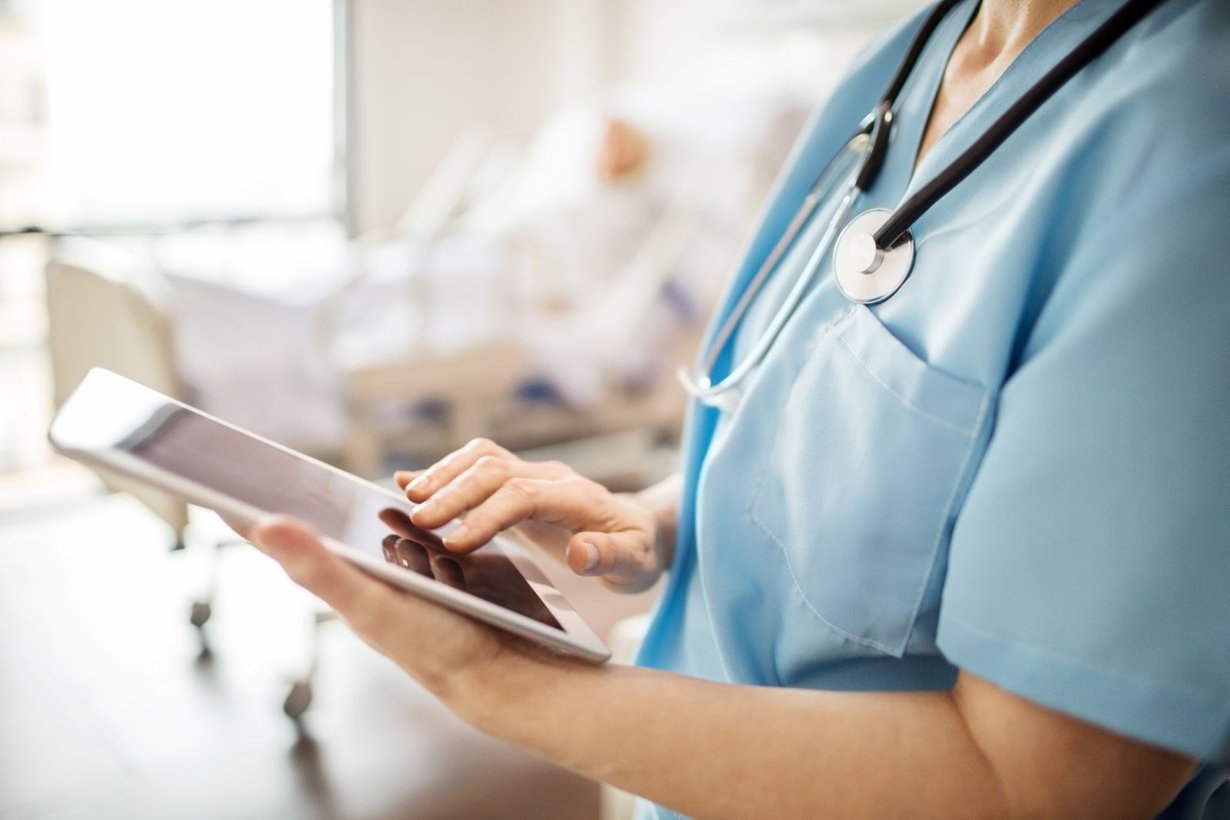While COVID-19 preoccupied the world in 2020, another public health crisis raged on — the opioid epidemic. In the United States, more than 10 million people misused opioids in 2019, resulting in considerable human, social, and economic costs. Over the past two decades, opioid-related deaths have almost quadrupled, making drug overdose the leading cause of accidental death in the US. And now, amid the isolation and shock of COVID-19, 2020 is expected to be the most fatal year on record.
To combat this crisis, it is imperative to remove every barrier to recovery-related healthcare — and one of the most cumbersome of these barriers is transportation.
While effective treatment for opioid use disorder (OUD) exists today, the majority of people with an addiction are not receiving it. Many rehabilitation regimens require daily or weekly in-person clinic visits, and individuals in need of these services often lack access to safe, reliable, and affordable transportation options. These obstacles exist everywhere, but they are particularly acute in rural areas, where distances to clinics are long and public transit is sparse or nonexistent.
How TransitTech can help.
Forward-looking cities, healthcare providers, and advocacy groups are utilizing TransitTech to tackle this critical problem, bridging the gap residents face in seeking treatment by providing microtransit services for those seeking recovery. More specifically, Via’s technology enables patients, caregivers, and peer support volunteers to book rides on-demand and track trips to and from clinics in real time. This technology also empowers clinic staff to book rides on behalf of patients — whether the trip is scheduled days in advance, recurring, or on-demand.
Of course, not every recovery-related transportation program will look the same. For instance, cities and healthcare providers may opt to enable patient transportation not just to treatment appointments, but also to social services, grocery stores, or employment opportunities. That’s why Via works with partners to define specific objectives for their recovery-related transportation programs. By tailoring the service accordingly — from use cases to booking channels — we can ensure that the transportation service addresses the full scope of goals of the recovery program.
Filling this transportation gap not only expands access to life-saving care, but also reduces missed appointments. This, in turn, increases treatment duration, consistency, and efficacy. And, Via’s reporting capabilities can provide data-driven insights into how transportation utilization correlates with these positive health outcomes.

An innovative program in Washington, DC.
Washington, DC is at the forefront of reducing barriers to opioid use recovery. The Department of Behavioral Health (DBH), Department of For-Hire Vehicles (DFHV), and Via recently launched MyRides — a program providing free transportation to and from OUD treatment. The program is funded by a State Opioid Response grant awarded by the Substance Abuse and Mental Health Services Administration (SAMHSA).
While trips can be scheduled in advance, the core benefit of MyRides is during that brief window of opportunity when an individual seeks treatment for the first time: Within seconds, clinic staff and peer support volunteers can book the patient a comfortable and safe ride to one of over 20 participating clinics across DC.
Patients are able to track their ride ETA in real time and communicate with drivers for any reason, such as if their pickup location changes. Clinic staff can also track rides to ensure patients have been picked up or dropped off. At the end of an appointment, clinic staff can arrange rides home for patients on-demand, timing vehicle arrival to visit completion, and they can arrange rides to follow-up appointments, such as for a counseling session the next day. Through this program design, MyRides facilitates access to critical treatment across all points of the recovery journey. Providing a transportation service designed for individuals with OUD makes critical treatment and recovery accessible — all while bringing ease and dignity to the rehabilitation journey.
How to bring recovery transportation to your community.
Interested in learning more about how to help your community combat substance or opioid use disorder?
There are multiple ways to deliver and fund a recovery transportation program — learn more about local, state, and federal funding opportunities here, or simply reach out to our team at partnerships@ridewithvia.com. We’re here to help.

.png?width=71&height=47&name=Sioux%20Falls%20Webinar%20(6).png)


